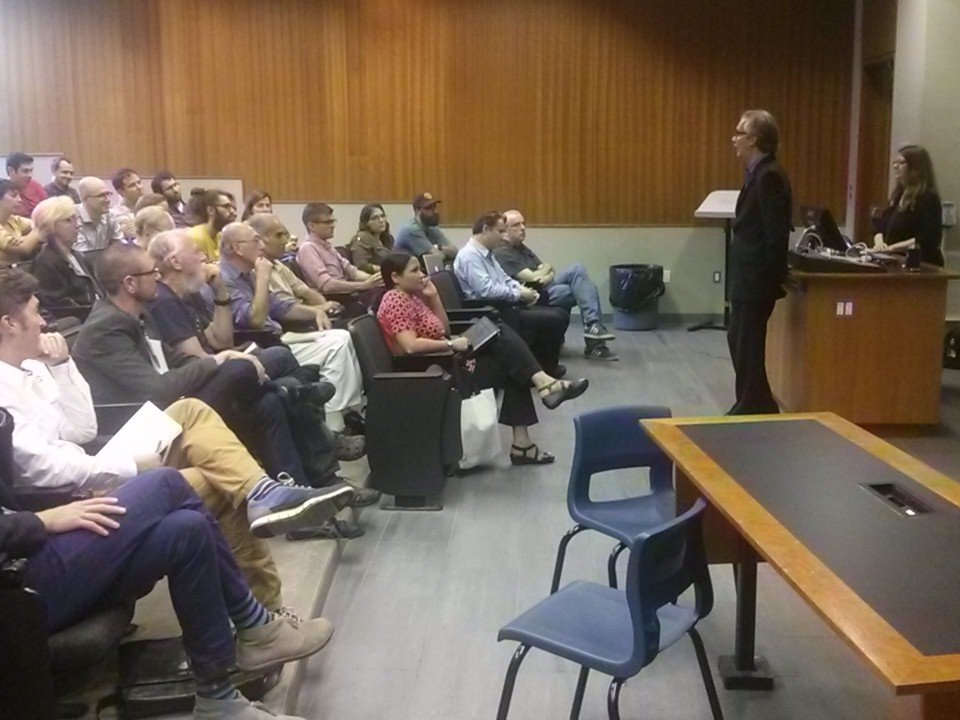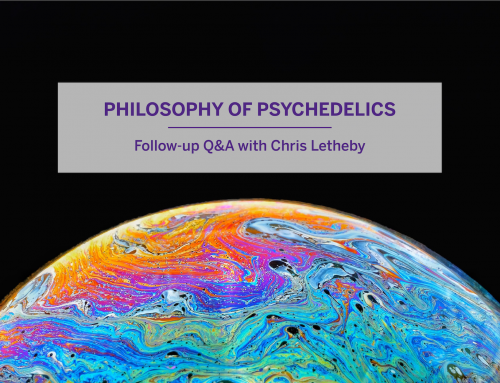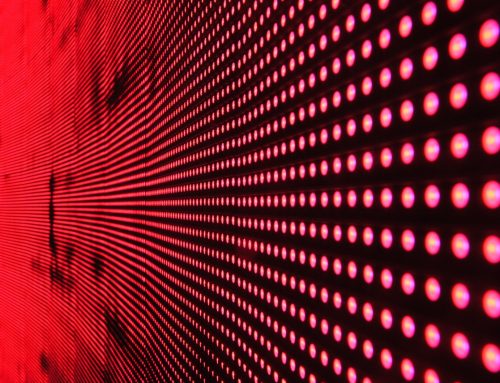Last Friday, Andrew Light delivered the 2016 Rotman Lecture, titled, What Happened in Paris? How Differentiation Evolved to Create a Global Climate Agreement. Dr. Light is a professor at George Mason University, Director of the Institute for Philosophy and Public Policy, Senior Fellow at the World Resources Institute, and a former Senior Climate Change Adviser at the U.S. State Department. Video of his talk has been published, and can now be accessed on the Rotman Institute YouTube channel.
Abstract: Last December, after twenty years of apparent incremental progress, over 190 countries meeting under the auspices of the United Nations Framework Convention on Climate Change managed to create what promises to be a lasting international climate agreement. Debates continue however over whether the greenhouse gas mitigation commitments that parties brought to the table in Paris are sufficiently robust to achieve the agreement’s lofty aspirations. These debates may however miss one of the agreement’s most important outcomes: potentially settling the core problem of distributive justice that made this process so difficult: which parties need to cut their emissions, how much, and on what time frame. To better understand the significance of the new Paris Agreement we will review the history of the UN climate negotiations, with a focus on how debates over differentiation evolved over time to create a platform for what is expected to be increased commitments to climate action moving forward.
[embedyt] http://www.youtube.com/watch?v=4_JDJMK-eVE[/embedyt]
What Happened in Paris? How Differentiation Evolved to Create a Global Climate Agreement was the first lecture of our annual speaker series. Up next is the first of the library lecture series, Catherine Stinson: The Body in ‘Mental Illness’. Learn more about this talk, and others on our upcoming events page.
Videos of all Rotman Institute of Philosophy events can be viewed on our YouTube channel. Subscribe to our channel to be notified whenever new videos are added.






